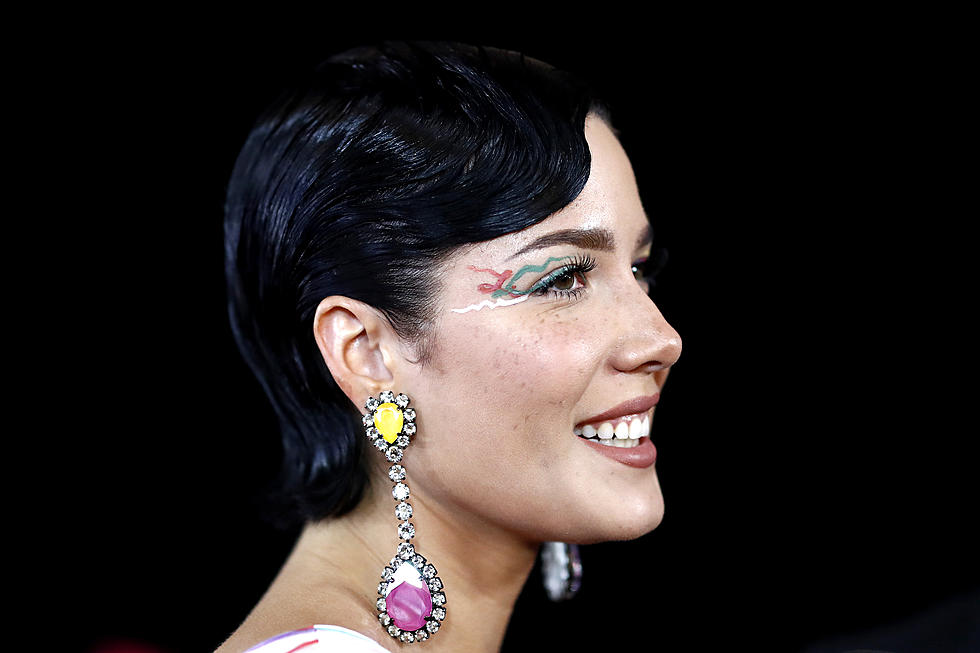
UM will Celebrate ‘Elouise Cobell Day’ on Friday, November 5
The late Elouise Cobell, the Montana Native American woman who successfully sued the United States Government for $3.4 billion on behalf of her people will be celebrated on Friday at the University of Montana’s Payne Native American Center.
Spokesman Dave Kuntz has details.
“It was a decades long fight that Elouise was leading and she gained national attention for it,” said Kuntz. “It rightly claimed that the U.S. Department of Interior had illegally obtained billions of dollars in royalties that were owed to individual members of tribal nations across the country. So not just the Blackfeet Nation, or the tribes here in Montana, but ultimately this was settled by the U.S. government about 10 or 11 years ago, for about $3.5 billion.”
Kuntz said the tenacious battle took years, but Cobell won and helped thousands of Native American families and communities.
“It was a 15-year legal battle, and as a result thousands of families have been able to receive these royalty payments that they were owed for dozens and dozens of years,” he said. “Unfortunately, we lost Elouise Cobell a few years ago but we really want to make sure that her contributions in her memory live on.”
Kuntz said several of the tributes will be available to the public via ZOOM.
“The day kicks off here at the University of Montana at 10:00 a.m. with a case history of Elouise’s recent fight with the Department of Interior,” he said. It's going to be presented by Professor Alex Pearl, who's out of the University of Oklahoma College of Law that'll take place on ZOOM, and people can go to our website umd.edu to get that Zoom link.”
Kuntz also referenced a scholarship established in her memory, called the Elouise Cobell Scholarship.
“The Cobell scholarship really helps out students who are here attending the University of Montana to get that extra financial aid to help get them through the process,” he said. “And the UM Foundation, of which Elouise Cobell was on the board, helps fund that scholarship that really helps students access higher education here at the University of Montana. It's just another way that the university's honoring Elouise Cobell's legacy here by making sure that we have scholars here on campus in her name.”
UM’s Payne Family Native American Center houses the Elouise Cobell Land and Culture Institute.
LOOK: 50 essential civil rights speeches
More From Alt 95.7









